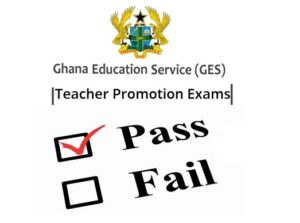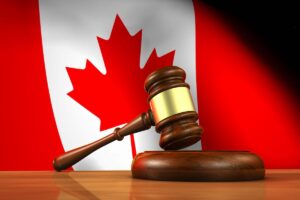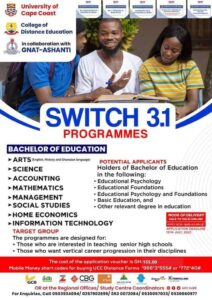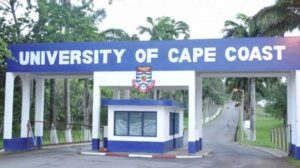All YOU NEED TO KNOW ABOUT PARTNERSHIP AND AFFILIATION UNIT OF GES
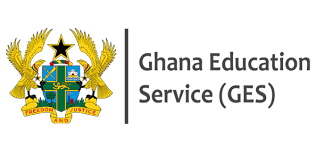
PARTNERSHIP AND AFFILIATION UNIT
DID YOU KNOW THE PARTNERSHIP AND AFFILIATION UNIT?
- Work with appropriate partner organisations and other actors to develop a comprehensive partnership framework to enhance the development of the educational sector.
- Provide an effective framework for creating, maintaining and strengthening existing collaborations with Partners which includes Non-Governmental Organizations (NGOs), Faith Based Organizations (FBOs) including Churches as well as Civil Society Organizations (CSOs) and in doing so identify opportunities for new alliances.
- Ensure organizational capacity assessments (which include financial, governance, programmatic, gender, security and other aspects) are conducted for all potential partners on due diligence.
- Provide a reference including a register and activity mapping of partners and affiliates.
- Provide regulatory framework, Guidelines and actionable information to partners who are looking to support educational initiatives.
- Set up a monitoring agreement with each partner, with a duel emphasis on compliance, as well as a monitoring plan to measure the impact and ability to implement good quality programmes.
- To work at all times to build a close, two way working relationship where partners are respected, listened to and supported and to create an open channel to discuss challenges and constraints as they arise.
APPLICATION GUIDELINES
- Non-Governmental Organisations(NGOs) seeking to partner with the Ghana Education Service may apply to the Director General providing the information below.
- Name of NGO/CBO/FBO
- Certificate of Registration/Incorporation
- Office(s) location (s) – Please include a valid GPS Address
- Active Contact (Phone/Address) (Head of Organisation and Education Focal Person)
- of Staff (CVs of focal people)
- Bankers
- Source of Funding for the proposed intervention (Please indicate if the programme/project is fully funded.
- Funding gaps (Please indicate key strategies to address)
- Title(s) of Project/Programme
- Scope
- of Districts
- Schools
- Communities
- Beneficiaries – Direct-Number (DEO, Teachers, Pupils)
- Indirect (Number)
- Duration of Intervention (Start dates-end dates)
- Evidence of organisation’s previous experience in similar projects (if any)
- b) Please include end of project/status report (if applicable)
- Interest area of the proposed Intervention:
- Access: Infrastructure/WASH
- Quality: Teacher Training/TLM’s/Supply of Text Books
- Management: Capacity Building (please specify area)
- Impact – What the intervention seeks to achieve (beneficiary and NGO)
- Level at which intervention will be focused/direct
- KG
- Primary
- JHS
- SHS
- Indication of period (Term1, Term 2, or Term 3)
- Indicate specified intervention period
- (Instructional hours, Post Instructional hours, Weekends)
GNECC/NNED Membership
